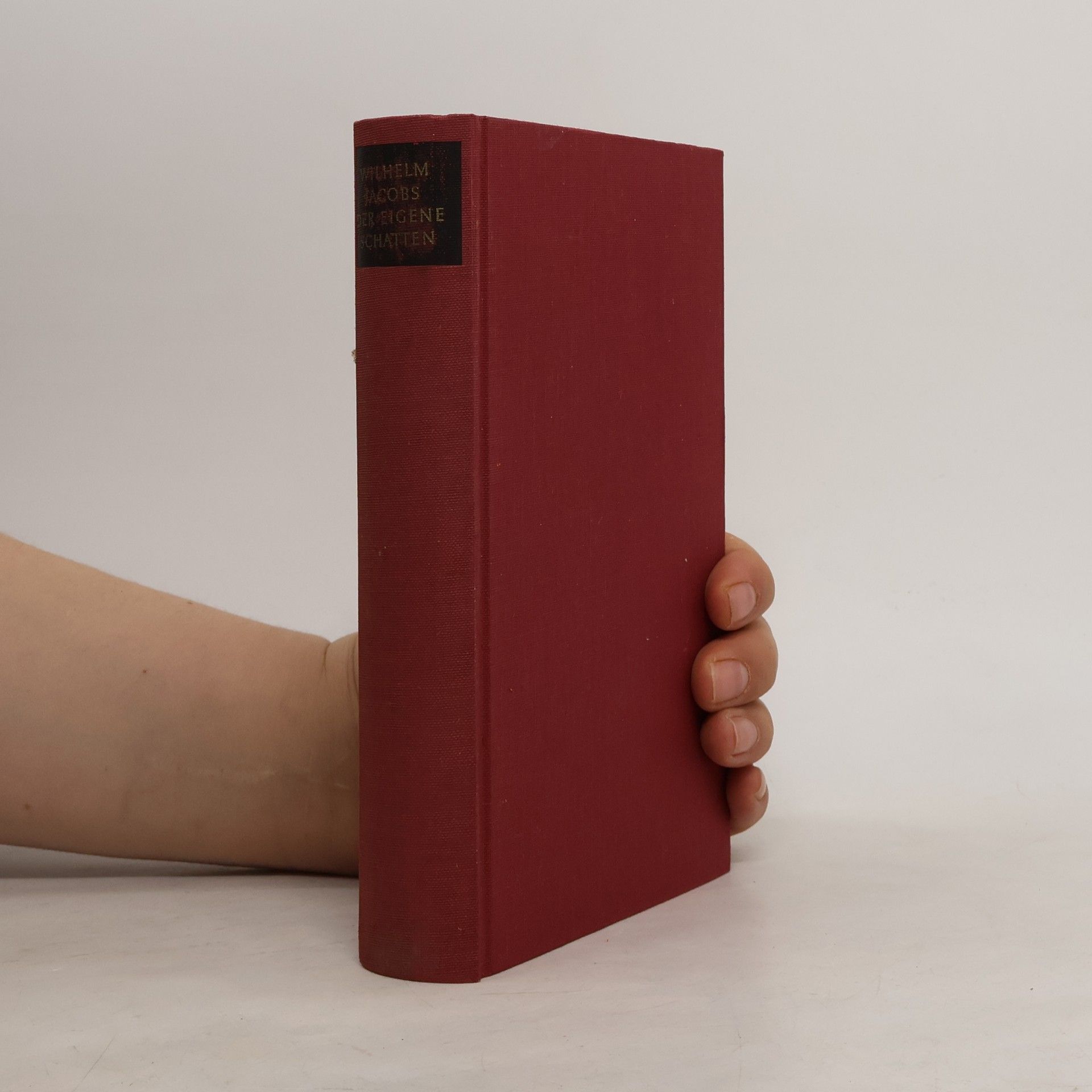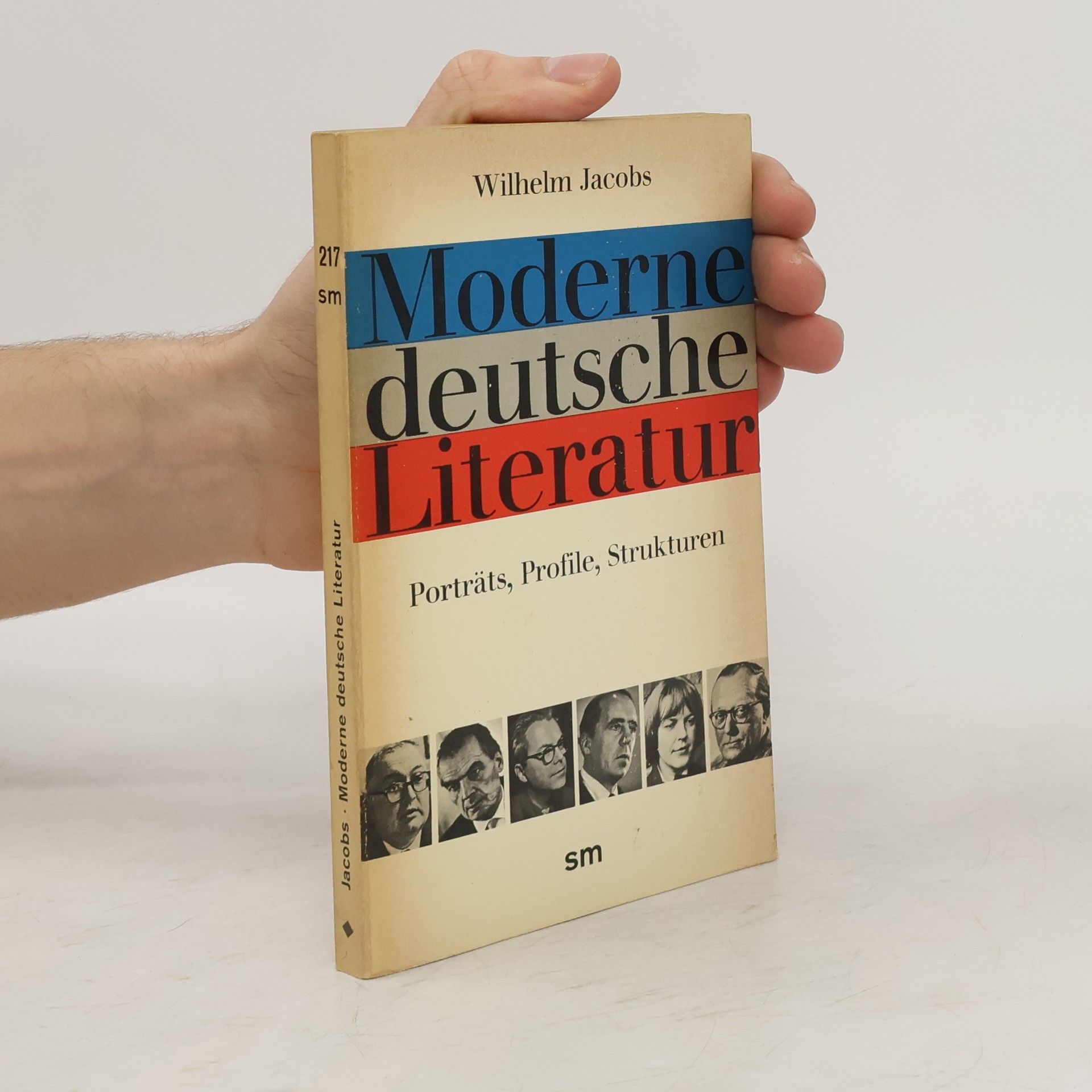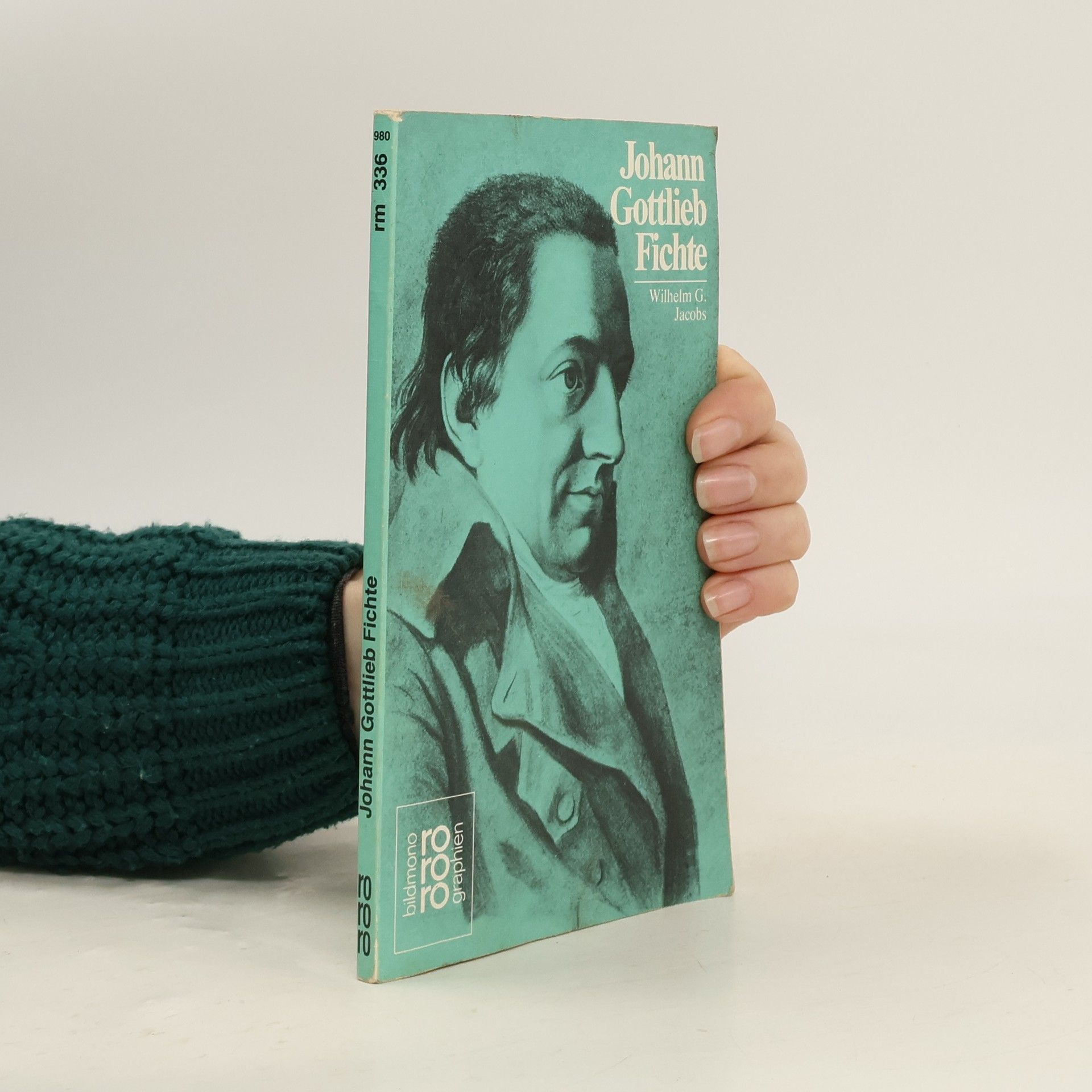Legendär, so wird berichtet, sei manche Begebenheit im Leben Johann Gottlieb Fichtes gewesen. Die Züge der Legende finden sich, seltsam genug, eingetragen in das Leben eines Gelehrten, der sich zum Ziel gesetzt hatte, die Philosophie als strenge Wissenschaft zu etablieren. Die Wunder der Legende reimen sich schlecht auf Wissenschaft. Diese hat es mit Gesetzen und Normen zu tun, und wo ihr ein Wundersames begegnet, versucht sie, es auf Gesetze zurückzuführen und damit aufzulösen. Im Leben Fichtes geschah nicht nur Legendäres, es war nicht nur der gesunde Menschenverstand, der Legenden erzählte, auch die Philosophiegeschichtsschreibung trug das ihre zur Legende bei. Fichte war der Philosoph des Ich, der deutsche Jakobiner, der Redner an die deutsche Nation - nur der Wissenschaftslehrer, als der er sich vornehmlich verstand, der war er nicht.
Wilhelm G. Jacobs Livres
2 avril 1935




Moderne deutsche Literatur
Porträts, Profile, Strukturen